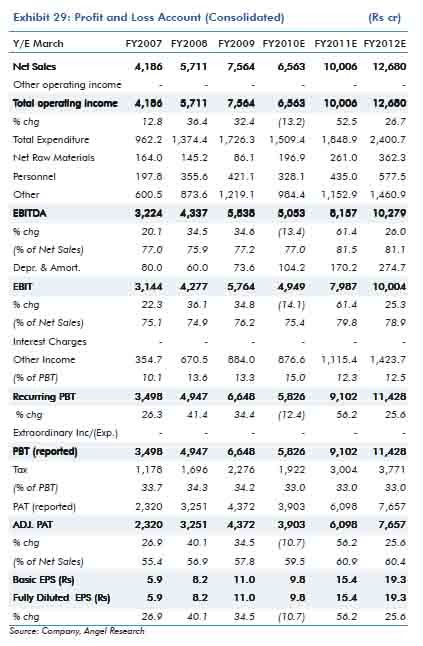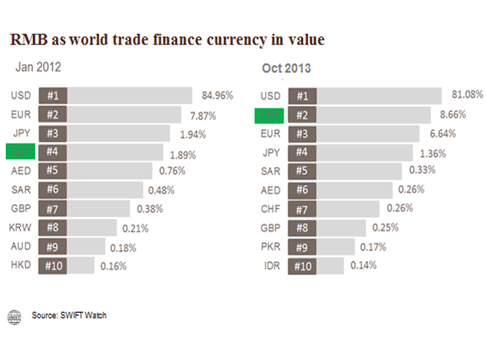Top Currency Traders
Post on: 3 Январь, 2016 No Comment

Top Currency Traders
Currency Trading Articles Bill Lipschutz Views on Risk Control
Although Bill Lipschutz is one of the largest currency traders in the market, he has had his fair share of losses. One of them involved his personal account, in which he lost $250,000, which he had taken five years to build, in a matter of days due to the Granville reversal.
Looking back, while he had had great confidence as a trader, and had strictly followed the trading methods acquired through his time at Salomon Brothers, he became devastated by this single occurrence. He had been disappointed more with the way he traded than with the money that he had lost.
After this experience, Bill decided not trade his personal accounts and investment his money in a money market account ran by the government for increased stability. Also, he began to adopt greater risk control strategies. These would include not placing the entire capital into one single trade, or even trades which are highly correlated. Also, analyze the risk / reward ratio at the current point in time and not at the point when the trade was placed. Most importantly, it is crucial that the trader knows where he is in the market at any one time.
In addition, if a trader faces a losing streak, his judgment may be distorted due to loss of confidence, which is a natural reaction after a major string of losses. In this sense, it would be best that the trader first works to restore his confidence by cutting back on trading sizes before moving in on full swing again.
Bill Lipschutz Does experience really matter in currency trading?
Trading in the worlds largest financial market, Bill Lipschutz has remained relatively unknown. As over US$1 trillion is traded in the currency market each day, Bill is one of the major traders taking positions of billions of dollars each day.
Amazingly though, Bill had not always envisioned himself as a currency trader. A graduate with a degree in architecture from Cornell, Bill had his first experience in trading by investing $12,000 worth of capital inherited from his grandmother. Upon graduation with an MBA in tow, Bill got a job with Salomon Brothers. At the time, he had already been trading stock options on his own, and read as much about it as he could, in addition to watching the daily stock tape.
Without much experience in trading currencies, Bill had been assigned to a new department called Foreign Exchange. As everyone in the department did not have much experience in the area, the entire team went for dinner with international bankers three or four times each week. Simultaneously, Bill was also asked to trade the currency option contracts which had just been introduced by the Philadelphia Stock Exchange.
In Bills opinion, he had managed to be a success in all this without much experience simply because he understood that foreign exchange was about relationships. His relationships with various brokers in the market had helped him to establish greater liquidity at times when liquidity was needed. In addition, these relationships had worked well for him in acquiring essential market information.
In foreign exchange, Bill has observed that traders who did well were those who had a source of information and were accepted by the interbank circle. In essence, this information flow provides Bill with an edge needed for success. Essentially, his links with the inner circle provides him with insights and opinions from various major players, and thus provides him with a feel on what the market wants.
Currency Trading Videos
Gary Bielfeldt Advice for the novice currency trader
One of the most remarkable traders, Gary started out with only $1000 as capital at a single corn contract, the smallest contract denomination at the time. Later, through a high risk trade, he doubled his capital when he believed that soybean contracts were going to jump. While this trade had turned out well, Gary could have lost everything too on this trade alone. However, after this success, Gary began to grow his capital consistently throughout the years. Today, Gary is a major player in T-bond futures, the largest futures market in the world.
As for the trader who is just starting out, Gary believes that novices should not take high risks for their initial trades. With their small start-up capital, they risk getting a huge portion of their investments wiped out should they make mistakes that are more likely for novices. Once this happens, they would then have to work real hard to regain their losses.
Therefore, at this stage, novices should be selective on the amount of risks that they are taking and utilize smaller leverage values. With this, they will have possess greater margin for error, do not have to pay a high price for mistakes made which is part of the learning curve, and are able to grow their investment capital at a gradual rate.
Over time, as their trading experience increases and skills improve, they would then be able to exercise better judgment in order to take greater risks on their trades. At the same time, they would also have built a large capital base to leverage on in order to make greater profits.
The Best Forex Broker
Bruce Kovner Traits that distinguish successful traders
Being one of the most successful traders in the world, Bruce Kovner has made profits of over $300 million in 1987 alone. A trader of such caliber would definitely possess traits that would distinguish him from other average traders.

Perhaps his acquaintance with Michael Marcus during his time at Commodities Corporation at also assisted Bruce in developing essential insights into trading attitudes. In particular, Bruce learnt to use discipline in trading as well as to learn from his mistakes.
In this context, Bruce believes that there are two important elements that have helped him become successful. The first element would be his ability to correctly identify and predict upcoming trend changes and future price scenarios. The other element would be his ability to stay rational and disciplined amidst pressure while trading. This would help in making rational and right decisions for his trades.
While he believes that good traders can be trained, he also believes that only a handful would actually make it in this line of business. In fact, those who do make it are usually the ones that are strong, independent and are able to go against the flow. For instance, these traders are the ones who are wiling to go into positions that other traders would not. Combined with their disciplined attitude, they would adhere to the rules and thus trade with the right trade sizes at the right times.
GREED this is one attribute of traders that Bruce believes have driven many brilliant traders into losses. Through his personal experience, Bruce had met traders who had all the right strategies and picked the right markets. Taking positions that were too large had caused their downfall, although they had initially made profits. This type of traders can make huge profits and huge losses too.
Top Automated Trading Strategy
Bill Lipschutz The subconscious side of trading
I dont trade on dreams or rumors. Im a fundamental trader. I try to assemble facts and decide what kind of scenario I think will unfold. Bill Lipschutz, Market Wizards
When Bill had a dream about the balance of trade number to be released, and the level of increase that the dollar would incur, he took no action based on his dream. Nevertheless, his dream came to life the next day, with trade numbers that exactly matched his dream and prices that matched the sequence of his dreams. Still, Bill did not take the trade. Why?
This boils down to the fact that Bill has the discipline to follow his basic principle of placing trades only when the fundamentals are favorable. He will always analyze his facts to determine a justification for a trade before placing one. This trait of his is probably one of the reasons why he has been a successful trader.
However, while Bill admits that he had not taken the trade as he didnt want to trade on the basis of a dream, it can also be debated that his dream could have surfaced from his subconscious mind. The fact that Bill eats and sleeps market statistics, (there are screens everywhere in his home too), he may have picked up the market direction, including trade numbers and price levels subconsciously. All of these information had already been stored in Bills mind, these positions which had not been acted on by Bill, were literally trying to surface in the form of a dream.
Nevertheless, Bill was adamant on his stand to only follow fundamental indicators. In fact, this stems from the fact that he believes that trade ideas must be well thought out and well justified before action can be taken. This is why he doesnt rely on his gut feel at all when making trades, and believes that all other traders shouldnt either.














